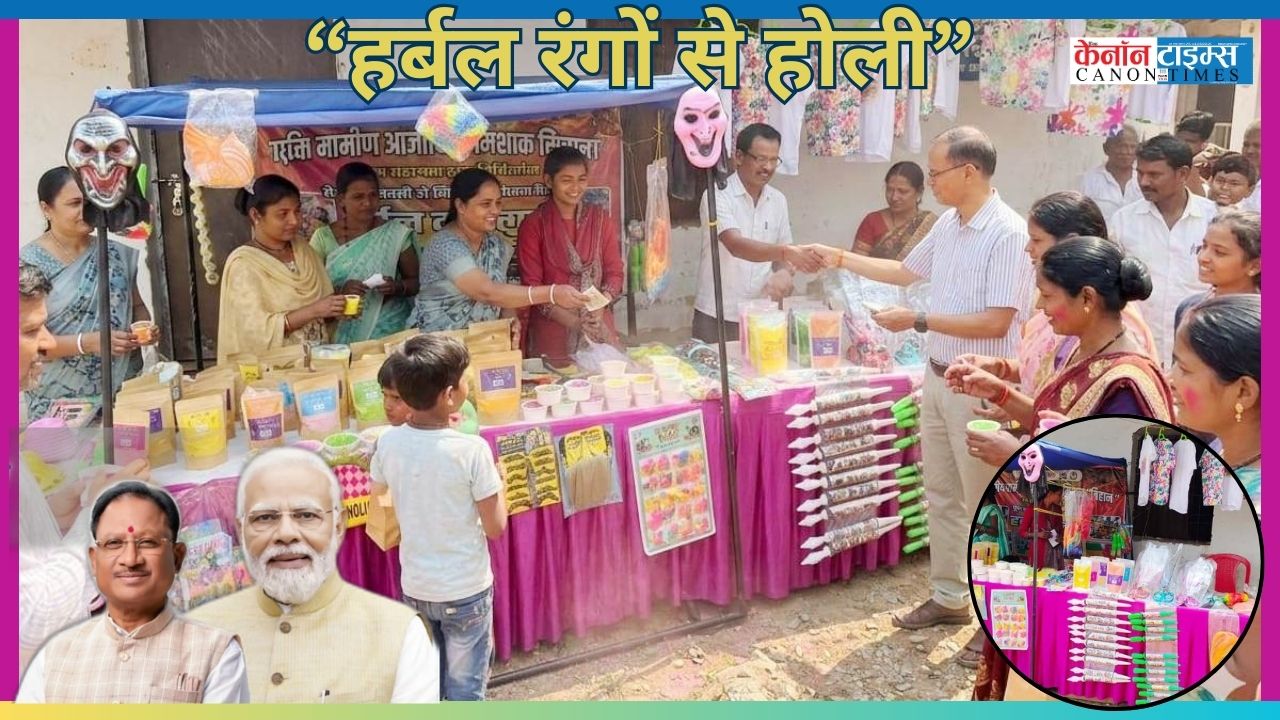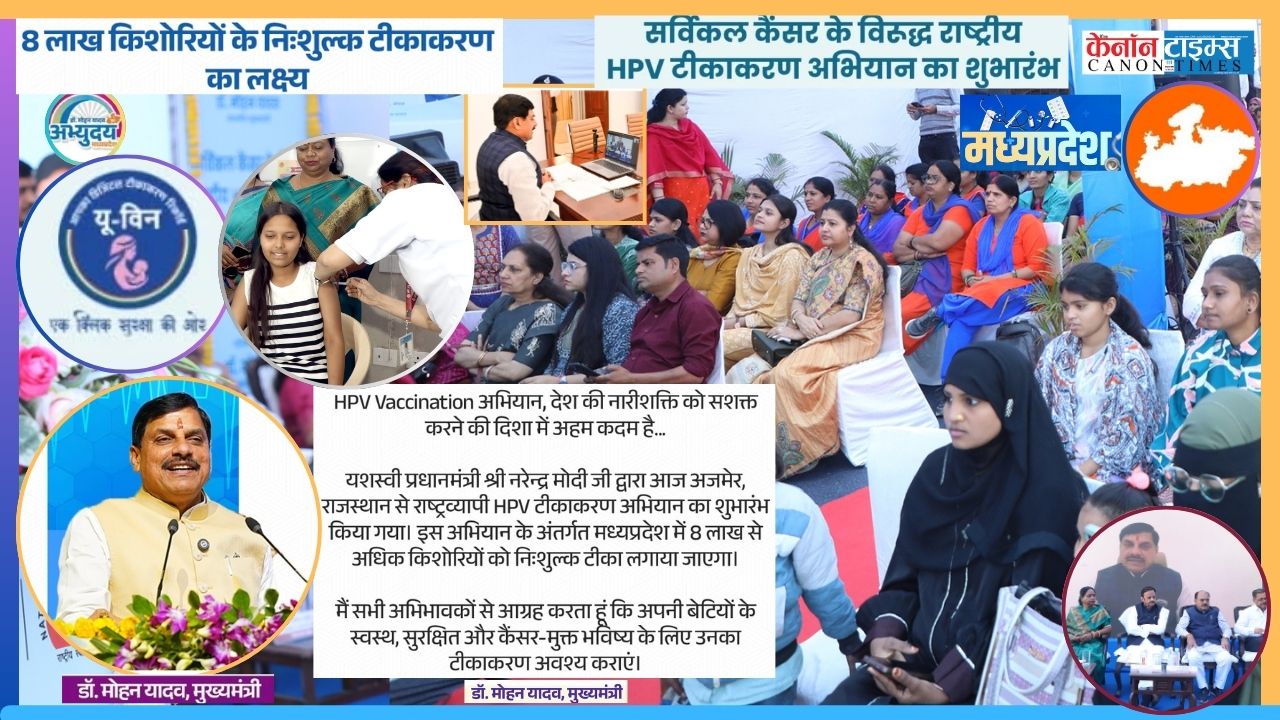Last Friday, the Supreme Court granted temporary bail to Arvind Kejriwal, the AAP supremo and Delhi Chief Minister, in the liquor excise case. While this decision is unprecedented in law, it should be welcomed. Allowing him to lead the AAP campaign in the Lok Sabha election as the head of a party with governments in Delhi and Punjab will provide voters with a more informed choice between the Congress and the BJP. The court’s decision to return him to prison on June 2 following the 7th and final round of polling was a balancing measure, despite strong opposition from the Enforcement Directorate.
The ED argued that releasing someone arrested on major money laundering and fraud charges for electioneering was unprecedented. Terrorists in prison may now request bail to campaign for themselves or a political candidate they favour, as judges follow precedent. During the 19-month Emergency, certain important politicians were jailed under the draconian Maintenance Internal Security Act and were unable to gain bail, causing them to contest elections from behind bars. The court’s decision to give bail to Kejriwal till the end of the polls on June 1 cannot be questioned.
However, Kejriwal’s temporary bail is unlikely to benefit him electorally. Despite the AAP’s allegation, he is still associated with the excise scam. The charge sheet has yet to be filed, and the trial will resume to assess the ED case’s merits and demerits. Until his release, AAP leaders in Delhi and Punjab focused their campaign on his detention, including prominent photos of him behind jail. In short, the AAP played the victim card. With his release on bail, the focus will shift to the duelling records of Modi and Kejriwal’s governments.
Kejriwal’s overblown boasts about improving Delhi’s education and healthcare systems, combined with his hysterical behaviour, appear to have reached their limit. Until the stench of the excise scam is removed from his craftily manufactured aam aadmi countenance, he will remain suspect in the public view. Despite the allegations against him, no AAP leader or lawyer has provided a plausible explanation for the sudden withdrawal of the liquor policy, which was announced with great fanfare by the government. The solution is simple: The scheme benefited both spirits traders and the AAP, with the latter sharing unearned profits to boost their election war chest.
Delhi Deputy Chief Minister and Kejriwal’s former NGO partner, Manish Sisodia, has been denied bail by multiple courts, including the Supreme Court, since his arrest in February 2023. Sanjay Singh, the AAP’s Rajya Sabha group leader, was recently granted conditional bail.
The leader of the South Group in the liquor scam, K Kavitha, daughter of former Telangana Chief Minister K Chandrashekhar Rao, is currently in jail and has been denied bail by various courts. The ED alleges that over Rs 40 crore in bribes were paid to formulate a pro-liquor lobby strategy for the AAP’s Goa Assembly election campaign via hawala dealers. ED arrested several hawala dealers and money transporters in this case.
Meanwhile, Kejriwal’s bail conditions include not signing any paperwork. He likely did not need to sign anything on paper since he trusted his factotums to carry out his instructions. Despite being arrested, he refused to quit as Chief Minister, demonstrating a disregard for political and constitutional standards.
ABHISHEK VERMA
Author: This news is edited by: Abhishek Verma, (Editor, CANON TIMES)
Authentic news.






